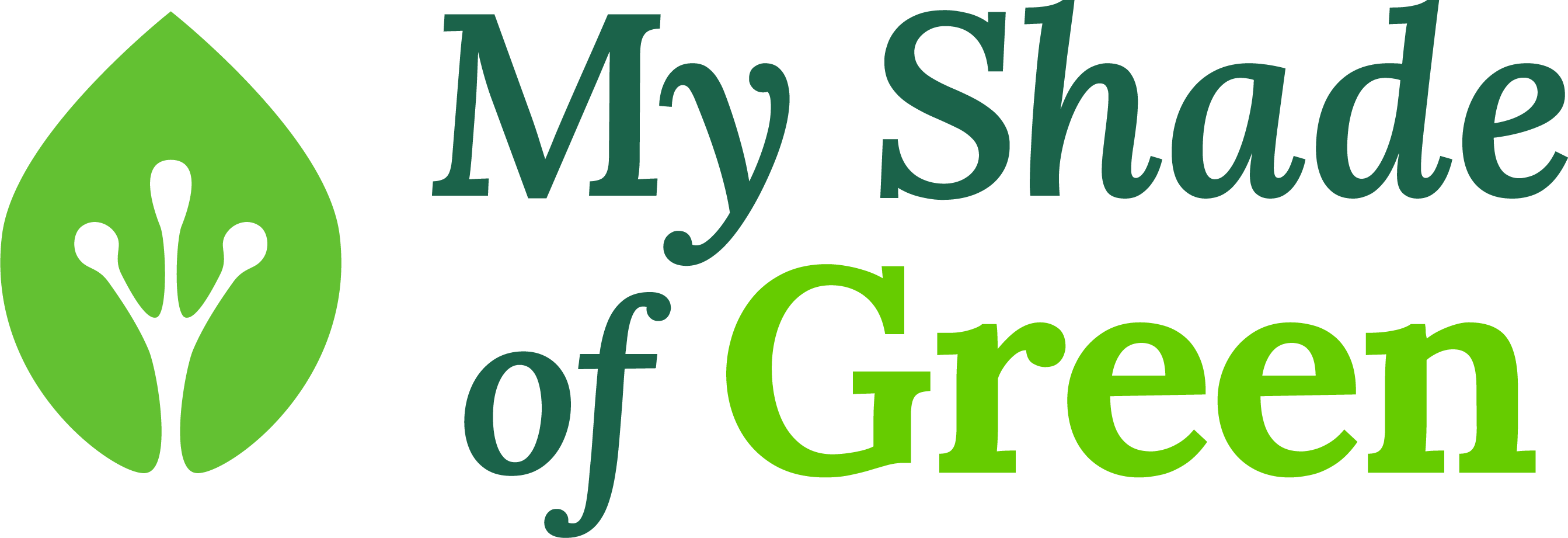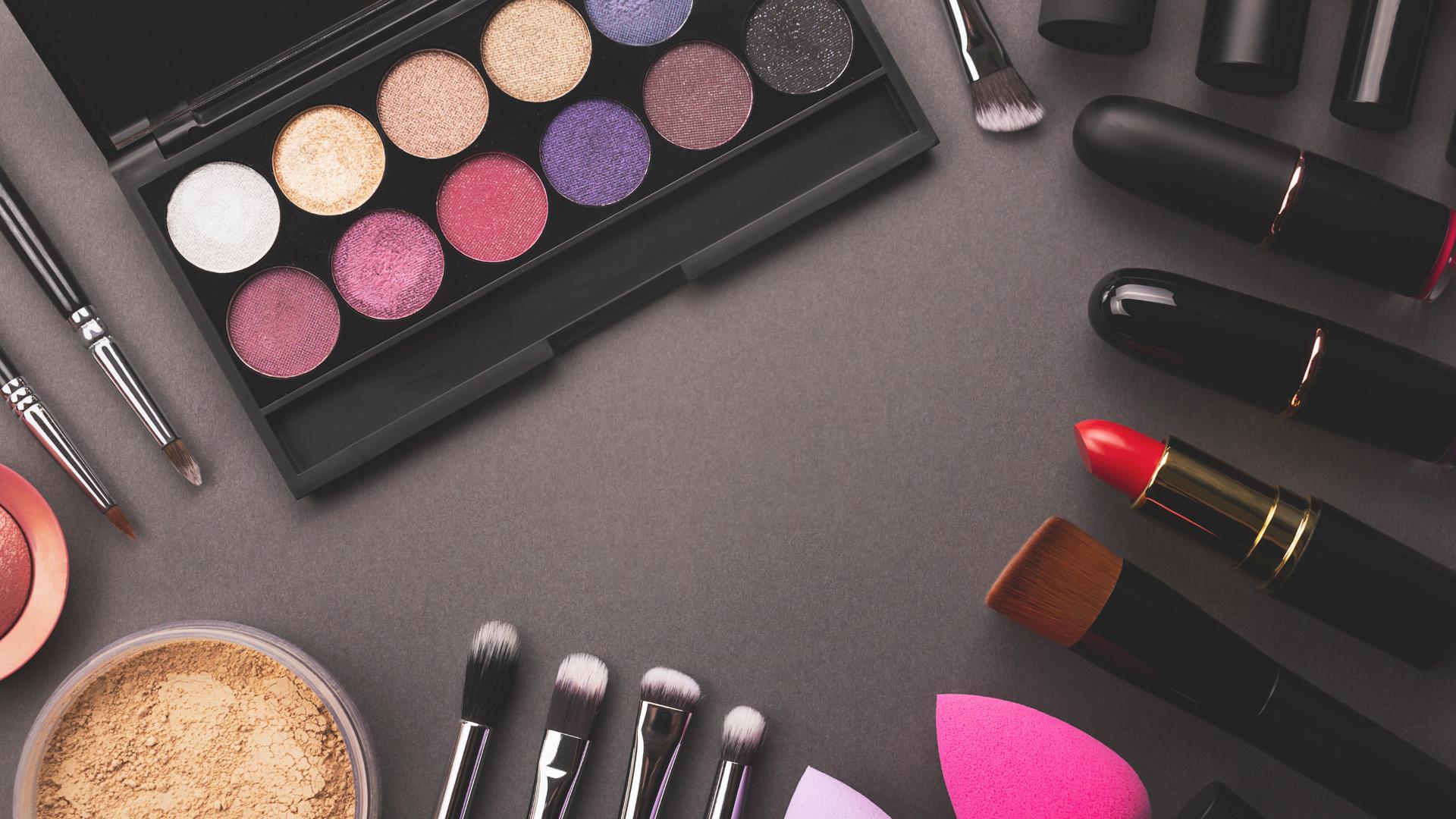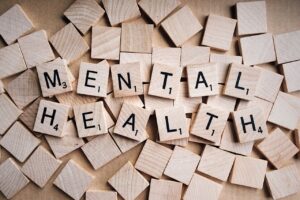In 2021, Humane Society International released an animated rabbit video as part of its campaign against animal testing. In this short animation video, we, as an audience, watched a damaged rabbit’s own experiences with being tested in many experiments. Rabbit Ralph explained to us different experiments that are held to develop and prepare specific products for human use. It was indeed really evocative and emphasized the need for a cruelty-free transition.
Save Ralph!
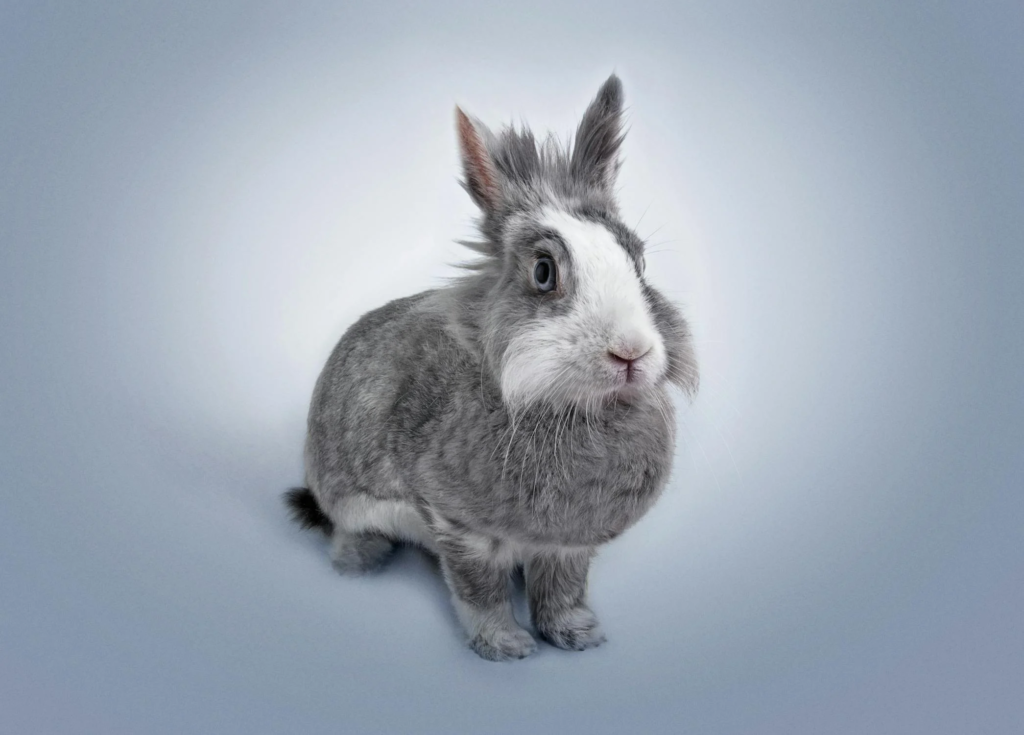
I remember that people shared the video on their social media accounts with intense feelings and decisive words: “Do not let animals suffer; stop buying animal-tested products.”
What has happened? The video captivated people’s attention, stayed in the stream for a few days, and then was forgotten. Animals continued to be tested, and we continued to purchase them.
Nothing changed in the end.
It may be unrealistic to expect that all people will suddenly stop purchasing products tested on animals, but every small step counts. Raising awareness and making people think were also meaningful in terms of change.
Change doesn’t happen overnight; it takes time. Change doesn’t happen with one person; it requires communities.
In this article, we have discussed why we need change.
Animal Testing
The massive use of animals in student training, food, cosmetics, pharmaceuticals, and many other industries harms many animals. It is hard to obtain consistent data about the number of animals used for experimentation purposes worldwide. However, according to the Humane Society, at least 50 million animals are used every year in the USA. Behind the numbers, an incredible amount of cruelty, pain, and death emerges each year in many countries.
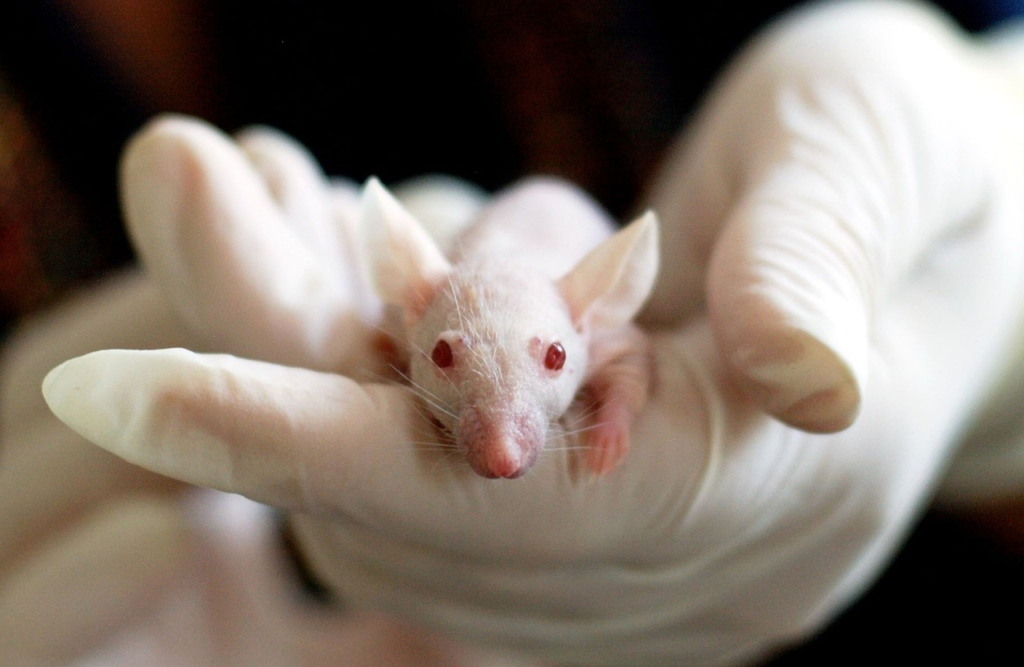
What laboratory animals experience is hard to read and watch, so we do not want to give further details to avoid triggering anyone. Even knowing that animals suffer from several trials during the experiments is emotionally challenging; the physical and emotional trauma that animals are experiencing is hard to imagine.
Do We Really Need Animal Testing?
Those tests may not even provide reliable results, considering the different mechanisms of animals and humans. The attempt to “protect” people by sacrificing animals turns out to harm both sides. Testing causes many animals to suffer throughout trials that often serve no significant purpose.
Even if testing results were accurate and safe for humans, sustaining this application would not be appropriate. Moreover, by believing that humans are superior to other beings, we damage non-human animals, other species, and our planet.
Do you know that products we use in our every day lives may have negative consequences on our environment? From our food to our product preferences, we indeed significantly impact the health of our planet.
Environmental Impacts of Animal Experiments
Beyond the ethical concerns, animal experiments come with a hidden environmental cost. Here’s how:
- The high energy consumption leads to additional carbon emissions.
- Significant use of chemicals occurs in different steps during sterilization, animal care, or disinfection, and some are toxic.
- Occurring waste causes air, water, and soil pollution, threatening public health.
- Different animals are in use, including wild animals such as wild primates. There is already a loss of biodiversity, and the use of wild animals only exacerbates the problem.
- Laboratories create genetically modified animals. If these animals escape or release, profound changes may occur in the structure of species and the environment.
Cruelty-free Testing Alternatives
Some may ask what the future of research would be without animal testing.
Does this mean that advances in fields such as medicine and genetics will stop, and there will be no progress in treating diseases that are hoped to be treated in the future? Would it mean that we would have no medicine or other products to access and use?
No. Many companies and research institutions already use alternatives, which shows us that conducting research without ethical concerns is possible.

Although some alternative methods still include reducing the use of animals or replacing them with less developed species, testing on animals is not the only way to conduct research or educate staff and students.
Alternative Methods
- In scilio: As an alternative testing method, in scilio does not need a body. With advanced technology, computer models have become as a tool that can imitate biological systems and predict the effects of drugs or products. Therefore, researchers can test everything with a computer system with unlimited trials at a low cost, develop their studies, and analyze the results.
- In vitro: Another alternative in vitro does not also require a human or animal subject as a whole. These experiments are performed in an artificial environment (outside of the body) such as in a tube by using cell samples from humans or animals
- Human Tissues: Human tissues donated by the volunteers( for example, after surgery or biopsy) are used for testing rather than animals. Since they are human-derived, using such alternative methods provides safer results. Although tissue access depends on volunteers and this sometimes results in a limited number of samples, its widespread use is critical, especially for genetics and medical research.
All testing models have pros and cons, but the alternative models are already in use.
We hope that the future will be fully cruelty-free.
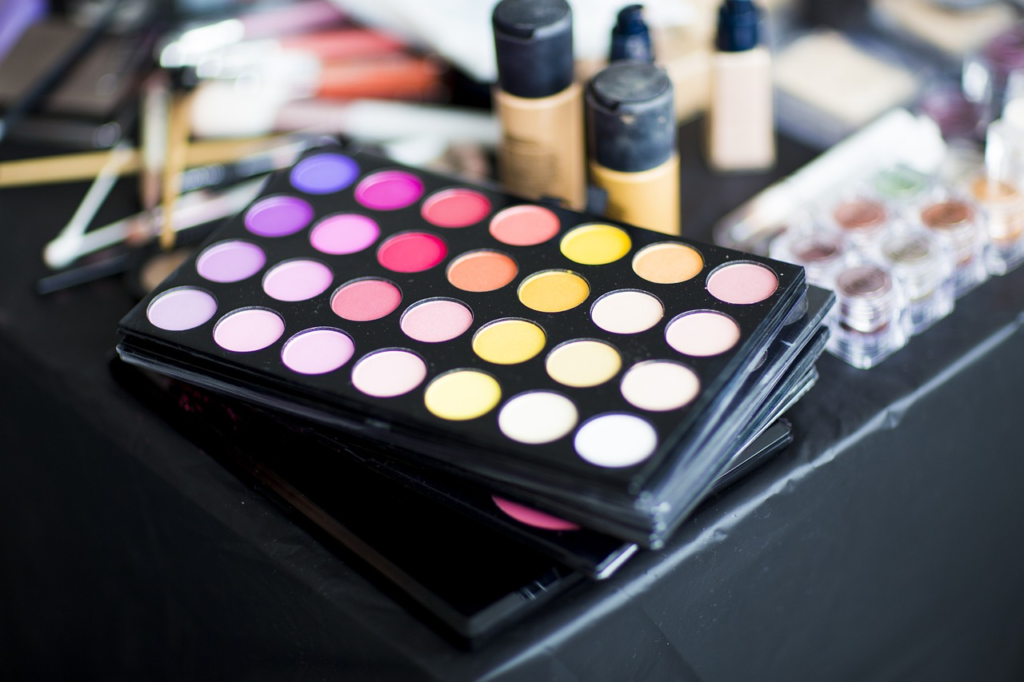
What Should We Do?
What can we do against the massive use of animals in experiments? The first thing is to increase our knowledge of the subject. We may not be able to stop animal testing in all sectors at once, but we can eliminate our contribution to the various industries that perpetuate it. We all use cosmetics and cleaning products that are possibly tested on animals in our everyday lives. What we can do best is to learn about those companies and brands and stop purchasing them. Even one person can make a difference and influence others.
In the end, we are first responsible for ourselves and our decisions.
We can transform them with ethics.
How Can We Identify Cruelty-Free Products?
Many well-known brands still test their products on animals, causing serious damage. Whether intentionally or unintentionally, we contribute to this with our preferences. Companies’ regulations depend on client demands, and if we raise our voices and replicate our purchases with ethical alternatives, companies will need to follow other testing procedures.
If we need help to identify cruelty-free products, we can check some labels.
- Peta’s dedicated website may help you to explore which companies do not test on animals. Moreover, you can search for available cruelty-free and vegan brands in your region. It is an amazing service for those who want to transform themselves with ethical guidance without struggling.
- Leaping Bunny also provides people with their cruelty-free certified brands on its website. They created a cruelty-free shopping app for consumers for easy access and identification. With the scanning feature, you can quickly find out if the brand is on the cruelty-free list.
These certifications apply their own regulations and procedures. Their support for our ethical purchase is undeniable, as they show us the brand’s moral stance and reliability as consumers. Even so, we can carefully read and learn more about all the certifications.
Some companies may declare that their products do not test on animals and use various logos other than these certifications. While some of those may be accurate and reliable, it would be beneficial to approach them with scepticism.
Access Cruelty-Free Products
The good news is that it is not difficult to access animal test-free products. You can buy them in a local store, chain store, or online. In our online shop, with an easy filter, you can also easily check “cruelty-free products.”
Here are some examples…
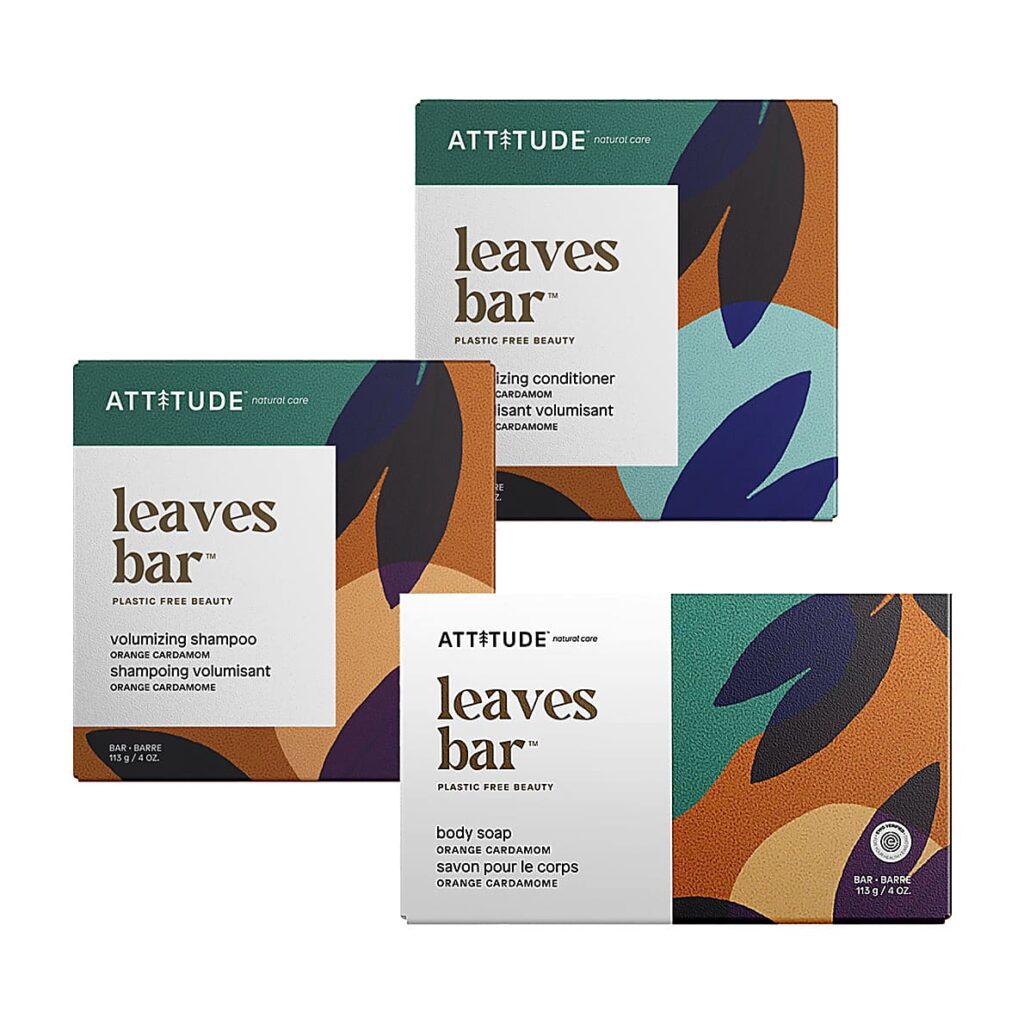
The Attitude Plastic-Free Travel Set perfectly fits your luggage while travelling. The set consists of concentrated, water-free shampoo, air conditioning, and body soap, which are also vegan.
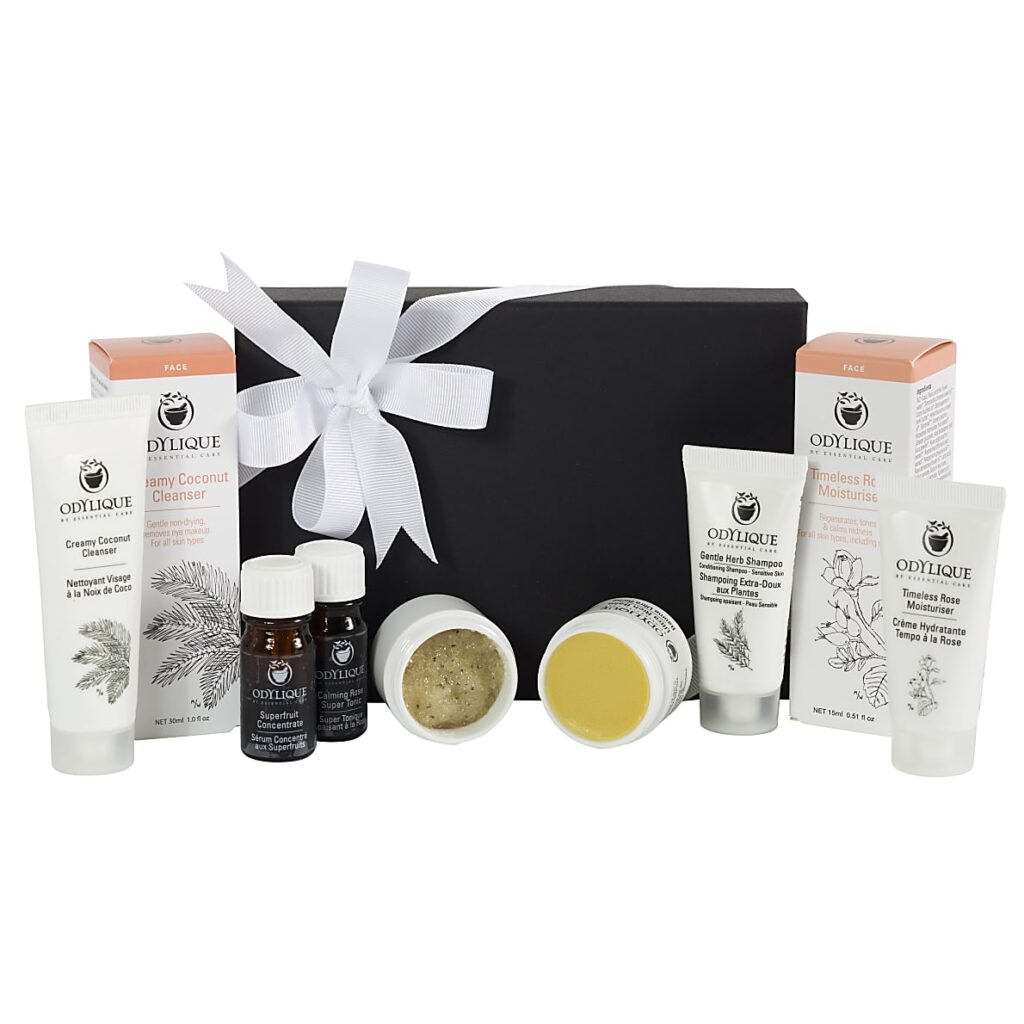
Odylique Bestsellers Beauty Gift Box can be a great gift to celebrate your loved-one’s special day. This box contains many products one may need in daily care routine. And what is more? It is also vegan.
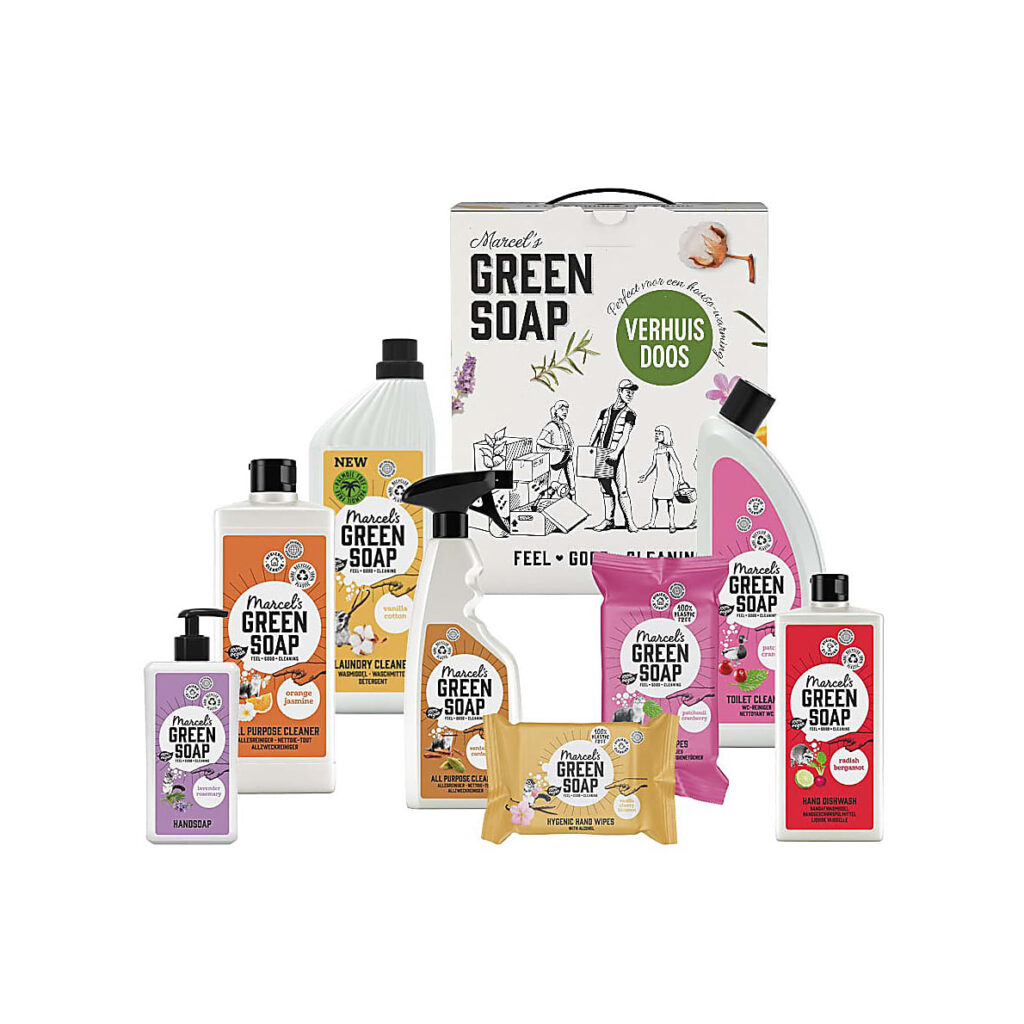
With Marcel’s Green Soap Gift set, one can enjoy a state of cleanliness with a wide range of vegan products required for different purposes. The whole set can help you with household chores any season.
Those products and several others can contribute to a sustainable planet and bring peace of mind by not harming anything. One can also use them safely with their organic ingredients. What else can we expect from a gift?
You can gift them with a small note that explains what a cruelty-free product is and promote the receiver’s future ethical purchase. This can lead to a butterfly effect! Your small touch can cause larger consequences in a series of systems that influence each other.
This post contains affiliate links. If you purchase something through one of these third-party sites, we may earn a small commission at NO ADDITIONAL cost to you. These commissions are a necessary source of income to cover our costs, allowing us to continue bringing relevant information to all our users. Learn more here.

